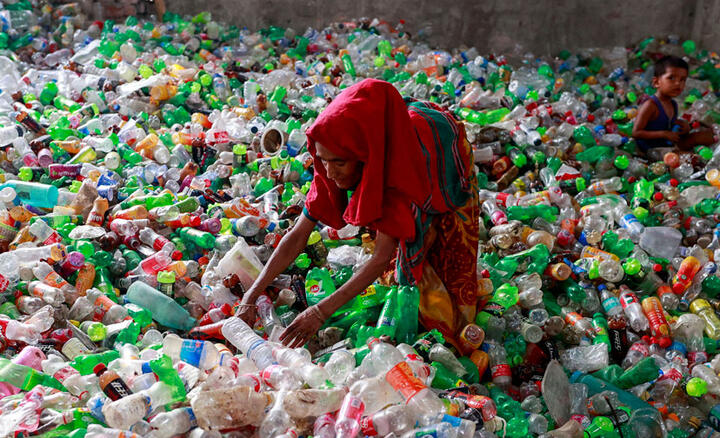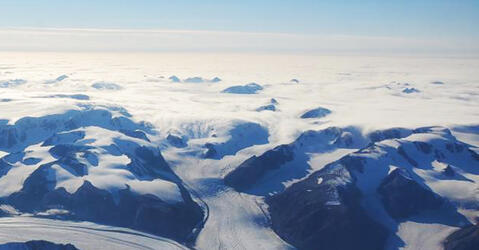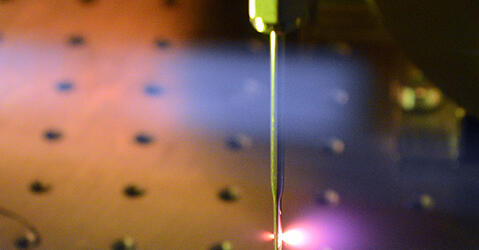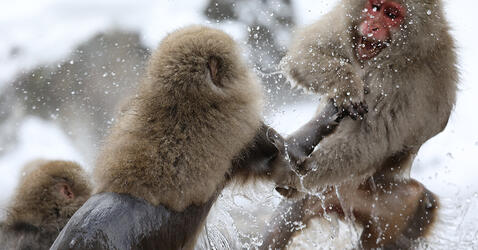You are here
Matter
In August 2025, the Geneva Summit on plastic pollution once again failed to reach agreement on an international treaty, due in particular to a lack of consensus over recycling and its limits. This issue was the subject of a recent collective scientific...
Article
10.27.2025
The early 20th-century artist Robert Delaunay began painting at a pivotal moment in art history, namely during the chemical industry revolution, when the number of pigments available on the market increased. Today scientists are trying to solve the mystery of...
Slideshow
07.17.2025
Sand patches dot beaches and deserts, but their origin remains an enigma. Using measurements taken in the desert, physicists have created a model that explains how they form, with a few surprises into the bargain.
Article
07.07.2025
The metabolism of astronauts, the behaviour of plants, the reactions of living beings to radiation and of foams to weightlessness… The International Space Station does not only observe Space, as evidenced by the following four experiments.
Article
03.26.2025
02.08.2024
The Arctic is warming up four times faster than the rest of the world. The depressions that cross this region could partly explain this phenomenon. French scientists are taking a close look...
Article
01.24.2024
Attosecond physics, thrust into the limelight by the 2023 Nobel Prize, attempts to explore another dimension of the infinitesimally small: time. This could open up the possibility of observing and...
01.18.2024
For the fifth edition of the LPPI “Proof in images” photo competition, first launched in 2019 by the CNRS and its Canadian partner, Acfas, researchers were invited to submit their best science-...





